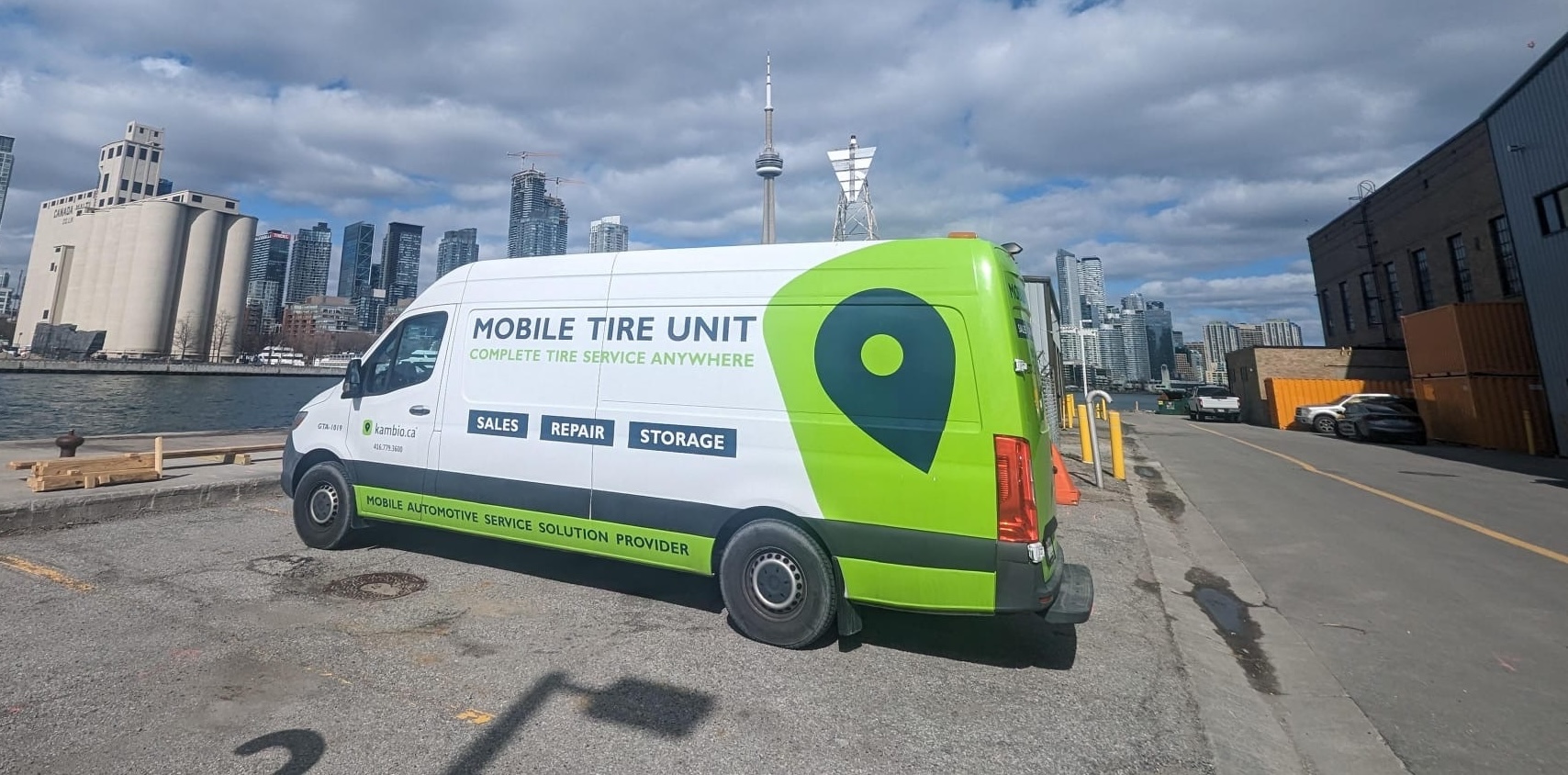Top 12 Tips for Effective Fleet Management
In a previous discussion, we explored the intricate world of fleet management, highlighting its importance in today’s business landscape. Now, let’s shift our focus to the actionable tips and strategies that can transform your fleet operations, enabling you to achieve optimal performance, reduce costs, enhance safety, and stay compliant with industry regulations.
Effective fleet management is a multifaceted endeavour that demands careful planning and a proactive approach. By implementing the following 12 key tips, you’ll gain the tools and knowledge needed to refine your fleet’s performance and ensure its long-term success. Whether you’re in transportation, logistics, or any industry relying on a fleet of vehicles, these tips will empower you to make impactful changes.
Foundational Principles
Before delving into the practical tips that can transform your fleet management, it’s crucial to grasp the foundational principles that underpin this multifaceted discipline. These core elements serve as the bedrock upon which every successful fleet management strategy is built. They not only provide context and structure but also create a strong foundation that supports the practical, day-to-day management of your fleet.
1. Fleet Management Tips
The first foundational element to consider is the set of fleet management tips that have been refined and time-tested over the years. These tips encompass a broad spectrum of operational aspects, including vehicle maintenance, driver management, route optimization, and compliance with industry regulations. By adhering to these fundamental guidelines, you lay the groundwork for a fleet that operates smoothly and cost-effectively.
2. Effective Fleet Management
The second pillar of effective management is the holistic approach that treats your fleet as a cohesive, interrelated system. Fleet management encompasses every facet of your fleet’s operations, ensuring that each element works in harmony with the others. This includes meticulous vehicle maintenance, consistent driver performance, vigilant cost control, and adherence to the ever-evolving web of industry regulations. Effective fleet management is not a single task but a comprehensive strategy that ties everything together, allowing your fleet to function as a well-oiled machine.
These foundational elements are like the North Star guiding you through the complexities of fleet management. They ensure that the practical tips and strategies that follow are firmly rooted in a solid framework. By acknowledging these principles, you acknowledge the importance of balance, synergy, and cohesion in managing your fleet. With these elements firmly in place, you’re ready to explore the actionable tips that will enable you to enhance your fleet’s performance, reduce costs, improve safety, and maintain compliance with industry regulations.
Top 12 Actionable Tips
Here are practical tips to transform your fleet management:
1. Effective Communication
Open and clear communication channels are the backbone of good fleet management. Regularly updating contact information for all team members ensures efficient communication. This practice, one of the fundamental fleet management tips, helps to prevent misunderstandings and keeps operations running smoothly. Effective communication also plays a pivotal role in adhering to compliance with fleet regulations, another essential aspect of fleet management.
2. Route Optimization
When considering fleet management strategies, route optimization is a game-changer. Utilize GPS and routing software, a key component of effective fleet management, to identify the most efficient routes for your drivers. This not only reduces travel time but also lowers fuel consumption, contributing to reducing fleet costs. Regularly update routes to account for traffic conditions, a part of optimizing fleet performance. Implement turn-by-turn navigation to help drivers easily follow optimized routes, another important aspect of fleet management.
3. Regular Vehicle Inspections
Regular vehicle inspections, an example of fleet maintenance best practices, are a crucial part of fleet maintenance and safety. Encourage your drivers to conduct daily or weekly inspections, catching and addressing maintenance issues early, preventing major breakdowns, and ultimately reducing maintenance costs.
4. Driver Safety
Safety should always be a top priority in efficient fleet management. Implement safety protocols, one of the crucial fleet management tips, and provide ongoing safety training for your drivers. This proactive approach minimizes the risk of accidents, ensuring safety in fleet operations.
5. Cost Control
Cost control is an essential part of efficient fleet management and one of the fundamental fleet management tips. Monitor costs closely, including fuel, maintenance, and labour, regularly analyzing expenses to identify areas for savings without compromising safety or performance. This cost-conscious approach contributes to reducing fleet costs.
6. Data Analysis
Leverage data and analytics, a modern fleet management strategy, to identify trends and areas for improvement, another crucial component of effective fleet management. Modern fleet management software provides valuable insights into your fleet’s performance, offering data-driven decision-making that enhances efficiency and reduces costs.
7. Environmental Impact
Consider the environmental impact of your fleet, an important part of optimizing fleet performance. Explore ways to reduce emissions through vehicle selection, maintenance, and driver habits, contributing to improving fuel efficiency. Encourage eco-friendly driving habits, such as smooth acceleration and braking, reducing your fleet’s carbon footprint.
8. Driver Performance
Monitor driver behaviour closely and provide feedback and training where necessary, an aspect of driver safety and one of the essential fleet management tips. Improving driver performance leads to safer and more efficient operations, an important facet of fruitful fleet management.
9. Asset-Tracking
Implement tracking technology to keep tabs on your vehicles, enhancing security and reducing the risk of theft. This asset-tracking technology is part of fleet tracking and monitoring, ensuring swift recovery if a vehicle is stolen.
10. Maintenance Scheduling
Regular maintenance scheduling is an essential part of effective fleet management, aligning with fleet maintenance best practices. Create a strict maintenance schedule for all vehicles, preventing unexpected breakdowns, reducing downtime, and ensuring efficient operations.
11. Risk Management
Implement risk management strategies, a critical component of compliance with fleet regulations, to prevent accidents and minimize liability issues. Proactively addressing potential risks safeguards the safety of your team and reduces the financial impact of unforeseen events.
12. Compliance with Fleet Regulations
Ensuring compliance with industry regulations is non-negotiable in fleet management. By adhering to these regulations, you avoid potential fines and legal troubles, a key part of fleet management strategies. This involves maintaining up-to-date knowledge of regulations, regularly training your team on compliance requirements, and keeping detailed records to prove compliance when needed. Compliance safeguards your operations and helps maintain a positive reputation within your industry, which is an essential aspect of effective fleet management.
Role of Technology in Modern Fleet Tracking
In the contemporary landscape of fleet management, technology plays a pivotal role in enhancing efficiency and precision. The role of technology in modern fleet tracking is multifaceted. Advanced GPS and telematics systems have revolutionized the way fleets are monitored and managed. Real-time tracking provides fleet managers with instant visibility into the whereabouts of their vehicles, allowing for more accurate route planning, improved response times, and enhanced customer service.
Moreover, technology enables the collection and analysis of crucial data, such as fuel consumption, driver behaviour, and vehicle diagnostics. This data-driven approach facilitates better decision-making, helping fleet managers optimize routes, reduce fuel consumption, and implement preventive maintenance schedules. Additionally, technology aids in enhancing security by providing anti-theft features and remote vehicle disabling capabilities. Overall, technology has become the backbone of modern fleet tracking, enabling fleet managers to streamline operations, reduce costs, and boost overall performance.
Ensuring Compliance with Industry Regulations
Maintaining compliance with industry regulations is a fundamental responsibility for fleet managers, given the complex web of rules and standards governing the transportation sector. Fleet managers can ensure compliance through a systematic approach. Firstly, staying informed about the latest regulations is crucial. This involves regular monitoring of legislative updates and industry changes. To ensure adherence, fleet managers need to create a comprehensive compliance program that includes regular training for drivers, clear communication of regulations, and periodic audits of records and operations.
Ensuring that drivers are well-versed in relevant regulations, including safety protocols and hours-of-service rules, is pivotal. Implementing a robust record-keeping system is equally important, as it helps in documenting compliance, from vehicle maintenance logs to driver logs. Collaboration with regulatory agencies can also provide valuable guidance and resources to maintain compliance.
In conclusion, by following these 12 actionable tips and embracing the role of technology in modern fleet tracking while maintaining compliance with industry regulations, you can enhance your fleet’s performance, reduce costs, improve safety, and ensure regulatory adherence. These key elements collectively constitute what makes a good fleet management system, positioning your fleet for success in the ever-evolving landscape of transportation and logistics.
Read also
Signs that You Need a New Fuel Filter
7 Ways To Make Your Brakes Last Longer
How Much Does A Mobile Mechanic Cost?
Why Are Gas Prices So High in Canada?
FTC Approves Final Consent Order Against BMW of North America
434 total views, 3 views today



